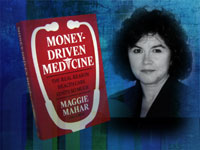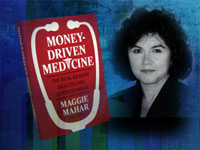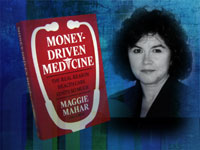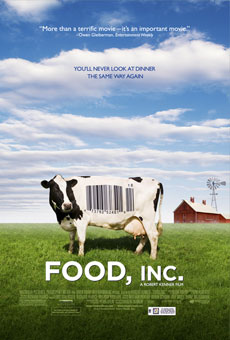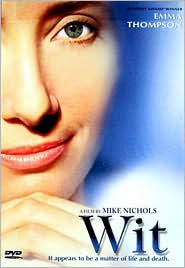Movies in which life is all the more precious because the main character has a fatal disease are common Hollywood fare. Love Story and Terms of Endearment
come to mind. Jenny (Ali MacGraw), in Love Story, appears to have leukemia. Emma (Debra Winger), in Terms of Endearment, has an incurable cancer.
Never Let Me Go, a novel by Kazuo Ishiguro, has been turned into a film
that’s a variation on this theme. The director, Mark Romanek, asserts he was making a love story. In the final scene, the surviving character, Kathy H. (Carey Mulligan), says: “Maybe none of us really understands what we’ve lived through, or feels we’ve had enough time.” Romanek comments: “Since our lives are so short, it makes you change perspective about what’s important.”
The movie trailer (below) has a voice-over that says “Love made them human.” But there’s nothing about the characters that suggests they’re anything less than human. They don’t need a love story for that. The premise of the film is so much more than a character’s brief life and death. (If you haven’t seen the film or read the book, insert spoiler alert here.)
Romanek: “I wasn’t making a sci-fi”
The story takes place in the recent past, but Ishiguro has reimagined a few things. Medical breakthroughs have increased the average lifespan to 100 years, creating a huge demand for body parts that can be transplanted from the young and healthy. A segment of the population – their parentage only vaguely alluded to – has been designated from birth to become organ donors.
The reality of the donors’ lives – the truncated future they face – is revealed only gradually to them (and to the viewer) as they mature from child to adult. The film is so visually and acoustically lush – and the plot so concentrated on the love story – that one can easily fail to register moral repulsion at the premise. That would be a lost opportunity in the face of current organ shortages, rationing (kidneys for the young, not the old), and – more important – the immorality of exploitation.




